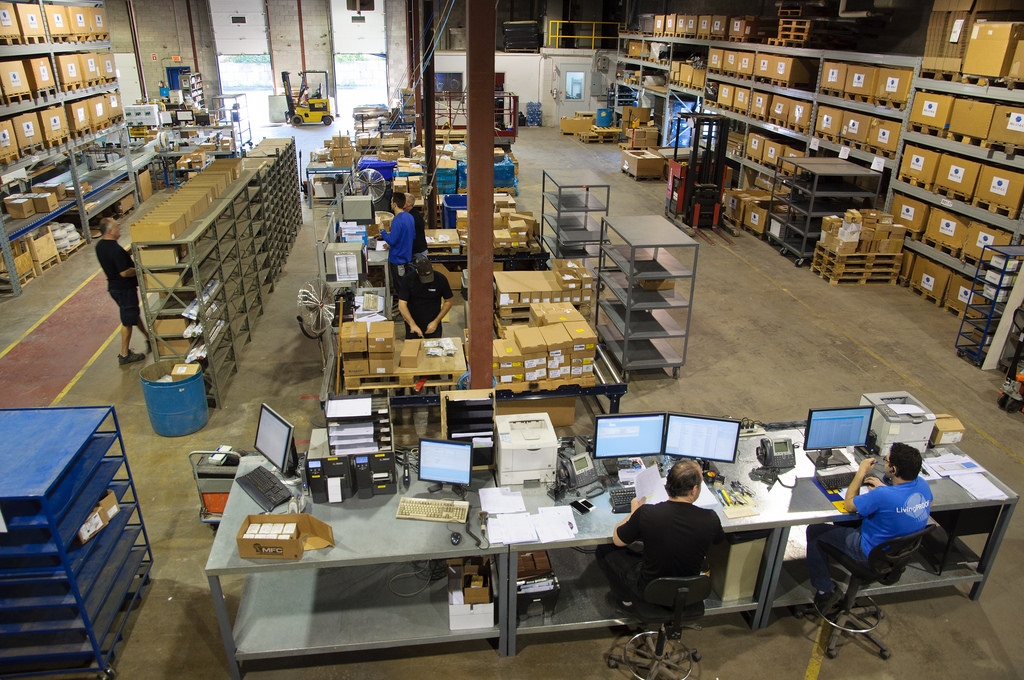San Francisco, a city once known for its iconic landmarks, vibrant culture, and technological innovation, is facing a looming financial crisis that could lead to bankruptcy.
Tech employers like Yelp and Airbnb that once made San Francisco their home have now either fled the city or closed offices in favor of working remote. This has led to massive reductions in commercial property values—and associated tax bills.
Despite recently increasing its budget by 2 percent for the coming year, the city is grappling with the harsh reality of a potential 50 percent or more reduction in commercial real estate property taxes, and the hits keep on coming. Here is the roadmap to San Francisco’s Bankruptcy if we don’t change course.
The Property Tax Predicament
The city’s reliance on property taxes has been a staple of its revenue stream for many years. A significant portion of the city’s budget depends on a steady inflow of property tax revenue, primarily from commercial real estate. However, the ongoing reassessment process could severely undermine this source of income. Property owners seeking a reassessment may lead to substantial reductions in tax revenues for the city, which won’t materialize for several years. This delay is a ticking time bomb, with potentially disastrous consequences for the city’s financial stability.
The Impact on San Francisco’s Finances
Once the property reassessments are completed, San Francisco will be obligated to reimburse property owners for the excessive property taxes they paid during the reassessment period. This could result in a substantial loss of revenue for the city, creating a financial chasm that might be challenging to bridge. The sudden financial burden of these reimbursements, combined with the reduced property tax revenue, will leave San Francisco with a significant budgetary shortfall.
Protecting Pensions
One critical aspect to consider is the protection of pensions in the event of bankruptcy. Pensions represent a substantial portion of San Francisco’s annual budget. Under bankruptcy laws, pensions are typically protected, meaning that even in the face of severe financial distress, the city would still be obligated to fulfill its pension commitments to retirees. While this protection ensures financial security for pensioners, it also leaves the city with even fewer resources to operate efficiently.
Facing Financial Crisis
If San Francisco were to file for bankruptcy, it would mark a grim chapter in the city’s history. Bankruptcy would entail a series of challenging decisions and painful sacrifices. The city’s leadership would have to make tough choices regarding public services, infrastructure, and city employee salaries, all while ensuring that pension obligations are met. These decisions can lead to reduced public services, deteriorating infrastructure, and potentially lower quality of life for residents.
Bankruptcy also has broader implications for San Francisco’s reputation and ability to attract investment. Credit ratings may plummet, making it more expensive for the city to borrow money for essential projects. Investors may shy away from a city with financial instability, potentially stalling economic growth and development.
San Francisco’s current financial situation is precarious, with the potential for bankruptcy looming large on the horizon. The delayed impact of property tax reassessments, coupled with the protection of pensions, presents a significant challenge to the city’s financial stability.
While bankruptcy is not an inevitable outcome, the road ahead is undoubtedly fraught with difficult decisions and potential hardships for residents. San Francisco’s leadership must navigate these treacherous waters carefully, exploring all possible avenues to avert a financial disaster and secure a prosperous future for the city.
Written by: Hans Hansson
Hans Hansson is the President of Starboard Commercial Real Estate. Hans has been an active broker for over 35 years in the San Francisco Bay Area and specializes in office leasing and investments. If you have any questions or comments please email [email protected] or call him at (415) 765-6897.




